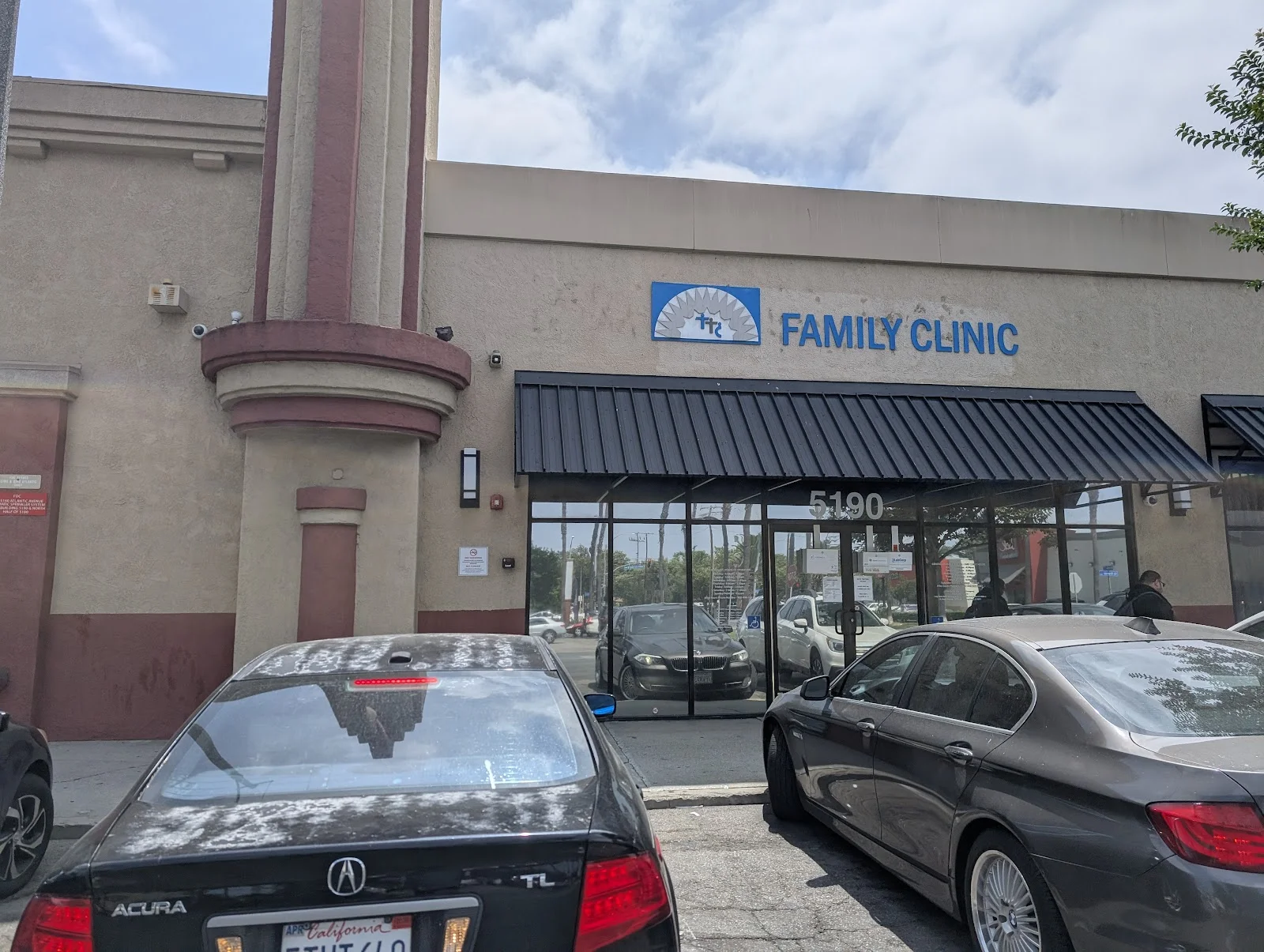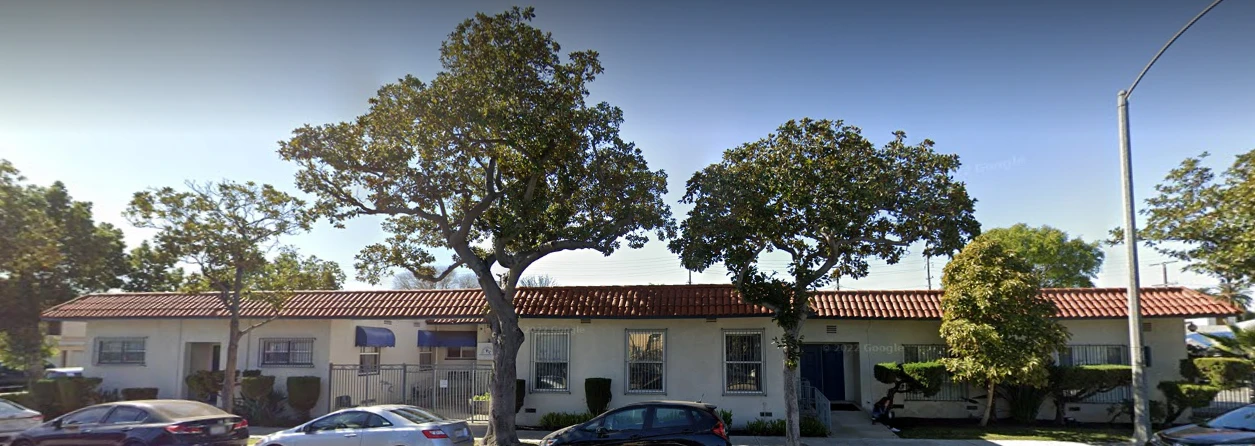Tarzana Treatment Centers - Atlantic Avenue Information
Treatment
Who We Treat
- Young Adults (18–25)
- Older Adults
- Male and Female
- Veterans
- LGBTQ+
Approaches
- Twelve Step
Conditions We Treat
- Post Traumatic Stress Disorder (PTSD)
- Perinatal Mental Health
- Trauma
- Eating Disorders
- Chronic Pain Management
- Anger
Substances We Treat
- Benzodiazepines
- Alcohol
- Opioids
- Cocaine
- Methamphetamine
Languages
- English
- Spanish
Aftercare
- Outpatient Treatment
- Intensive Outpatient Program
- Employment Counseling
- Continuing Care
- Support Meetings
Level of Care
- Day Treatment
- Outpatient
Accreditations
-
The Joint Commission
The Joint Commission accreditation for addiction and behavioral health signifies that a facility has met rigorous standards in patient care, treatment, and safety. This recognition assures patients and professionals of the facility's commitment to providing high-quality, evidence-based care in the fields of addiction and behavioral health, fostering trust and confidence in their services.

Additional Locations
Tarzana Treatment Centers - Atlantic Avenue Accepts The Following Insurance Plans
Find the best treatment options. Call our free and confidential helpline today!







